by Jefferson Graham
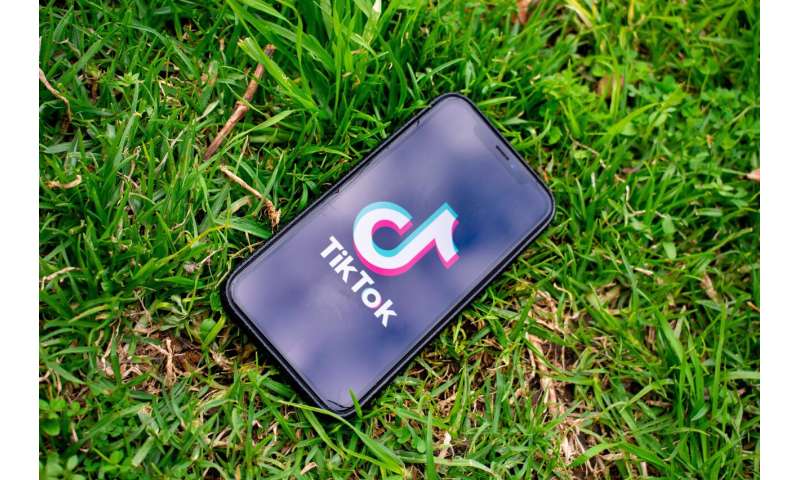
Credit: Unsplash/CC0 Public Domain
Karen North, a professor of social media at the University of Southern California told her two teenage kids they could have any app on their phones, with one exception.
That would be the controversial, but wildly popular TikTok, which young people love for making quick, funny videos, often set to music.
Her reason: "Because their data is being mined, and the company doesn't have to adhere to our privacy laws."
TikTok is owned by ByteDance, a Chinese company, and should the Chinese communist government demand data be handed over, ByteDance would have no choice but to comply, says North.
(TikTok denies this, and has said repeatedly that it stores data in the U.S. and Singapore, and adds that if asked by the Chinese government to hand over data, that it wouldn't comply.)
After President Donald Trump initially said he would would sign an executive order banning the operation of TikTok in the United States, within days, Microsoft said it would intercede with plans to buy the U.S. operations instead. The company hopes to complete the deal by September.
Trump said Thursday he'll go through with the executive order banning TikTok here if no deal happens within 45 days.
Meanwhile, parents might be wondering what exactly is the problem with TikTok?
Unlike Facebook and Instagram, you're free to watch TikTok videos without registering, which means no data collection. However, if you want to create a video and share it, or comment on someone's video, then you must fork over your personal information, starting with age, phone number and e-mail address.
From there, TikTok freely admits—in the privacy policy on its website—it collects information shared from third-party social network providers, and technical (your location) and behavioral information (what videos you think are funny, how often you watch) "about your use of the Platform. We also collect information contained in the messages you send through our Platform and information from your phone book."
That's a lot.
North says that because China has different privacy laws than here, she's wary about the app. "I would say the same thing about any foreign app," she says. "Angry Birds is from Finland. How are the privacy laws there?"
Might there be a ban on all apps from China? Besides TikTok, which has reaped over 800 million downloads and currently is the no. 5 most downloaded app on Apptopia's charts, WeChat, a WhatsApp like communication program, and QQ, which is also used for direct messages, are both owned by China's Tencent.
In a speech this week, Secretary of State Mike Pompeo said all "untrusted" Chinese apps should be removed from U.S. app stores. "With parent companies based in China, apps like TikTok, WeChat and others are significant threats to the personal data of American citizens," not to mention tools for content censorship, Pompeo said.
The information collected by TikTok is similar to what's gathered by Facebook, but security researcher Patrick Jackson, the chief technology officer of security app Disrupt, says Facebook does more ill things with it, simply because it's so much bigger. Facebook boasts of over 2 billion users.
"The sheer volume of what's collected can't be compared," he says. "What's bigger than using your data to influence an election, which Facebook did in 2016," with the Cambridge Analytica scandal, he asks. That's when users data was tapped by Cambridge for political advertising.
(This week Facebook introduced a TikTok clone for its Instagram app called Reels.)
In an April 2020 blog post, Tik Tok said it was doing everything it could to keep the U.S. data out of Chinese hands. "Our goal is to minimize data access across regions so that, for example, employees in the APAC region, including China, would have very minimal access to user data from the EU and US."
But there's a different between "minimal" and "none."
Jackson suggests that parents counsel their kids that if they are to use TikTok, only use it to watch videos, so no data can be compiled on them. Additionally, users can opt to have their account be listed as "private," and only select certain friends to gain viewing access.
And North says that if the Microsoft deal goes through, she'll be happy to let her kids download the app.
"They own it, they have the data on U.S. servers and follow U.S. laws, and I'm fine with it," she says.
Microsoft has long been a company that focused on business, with Office 365 software and cloud computing. Online it owns LinkedIn, which fits in with its work-centric mantra, and Skype, which Microsoft tried to transition into more of a business communication device. "Where they need help is with the next generation, young people," says North. "This could get them there."
Explore further US Senate votes to ban TikTok on government phones
(c)2020 USA Today
Distributed by Tribune Content Agency, LLC.
Karen North, a professor of social media at the University of Southern California told her two teenage kids they could have any app on their phones, with one exception.
That would be the controversial, but wildly popular TikTok, which young people love for making quick, funny videos, often set to music.
Her reason: "Because their data is being mined, and the company doesn't have to adhere to our privacy laws."
TikTok is owned by ByteDance, a Chinese company, and should the Chinese communist government demand data be handed over, ByteDance would have no choice but to comply, says North.
(TikTok denies this, and has said repeatedly that it stores data in the U.S. and Singapore, and adds that if asked by the Chinese government to hand over data, that it wouldn't comply.)
After President Donald Trump initially said he would would sign an executive order banning the operation of TikTok in the United States, within days, Microsoft said it would intercede with plans to buy the U.S. operations instead. The company hopes to complete the deal by September.
Trump said Thursday he'll go through with the executive order banning TikTok here if no deal happens within 45 days.
Meanwhile, parents might be wondering what exactly is the problem with TikTok?
Unlike Facebook and Instagram, you're free to watch TikTok videos without registering, which means no data collection. However, if you want to create a video and share it, or comment on someone's video, then you must fork over your personal information, starting with age, phone number and e-mail address.
From there, TikTok freely admits—in the privacy policy on its website—it collects information shared from third-party social network providers, and technical (your location) and behavioral information (what videos you think are funny, how often you watch) "about your use of the Platform. We also collect information contained in the messages you send through our Platform and information from your phone book."
That's a lot.
North says that because China has different privacy laws than here, she's wary about the app. "I would say the same thing about any foreign app," she says. "Angry Birds is from Finland. How are the privacy laws there?"
Might there be a ban on all apps from China? Besides TikTok, which has reaped over 800 million downloads and currently is the no. 5 most downloaded app on Apptopia's charts, WeChat, a WhatsApp like communication program, and QQ, which is also used for direct messages, are both owned by China's Tencent.
In a speech this week, Secretary of State Mike Pompeo said all "untrusted" Chinese apps should be removed from U.S. app stores. "With parent companies based in China, apps like TikTok, WeChat and others are significant threats to the personal data of American citizens," not to mention tools for content censorship, Pompeo said.
The information collected by TikTok is similar to what's gathered by Facebook, but security researcher Patrick Jackson, the chief technology officer of security app Disrupt, says Facebook does more ill things with it, simply because it's so much bigger. Facebook boasts of over 2 billion users.
"The sheer volume of what's collected can't be compared," he says. "What's bigger than using your data to influence an election, which Facebook did in 2016," with the Cambridge Analytica scandal, he asks. That's when users data was tapped by Cambridge for political advertising.
(This week Facebook introduced a TikTok clone for its Instagram app called Reels.)
In an April 2020 blog post, Tik Tok said it was doing everything it could to keep the U.S. data out of Chinese hands. "Our goal is to minimize data access across regions so that, for example, employees in the APAC region, including China, would have very minimal access to user data from the EU and US."
But there's a different between "minimal" and "none."
Jackson suggests that parents counsel their kids that if they are to use TikTok, only use it to watch videos, so no data can be compiled on them. Additionally, users can opt to have their account be listed as "private," and only select certain friends to gain viewing access.
And North says that if the Microsoft deal goes through, she'll be happy to let her kids download the app.
"They own it, they have the data on U.S. servers and follow U.S. laws, and I'm fine with it," she says.
Microsoft has long been a company that focused on business, with Office 365 software and cloud computing. Online it owns LinkedIn, which fits in with its work-centric mantra, and Skype, which Microsoft tried to transition into more of a business communication device. "Where they need help is with the next generation, young people," says North. "This could get them there."
Explore further US Senate votes to ban TikTok on government phones
(c)2020 USA Today
Distributed by Tribune Content Agency, LLC.
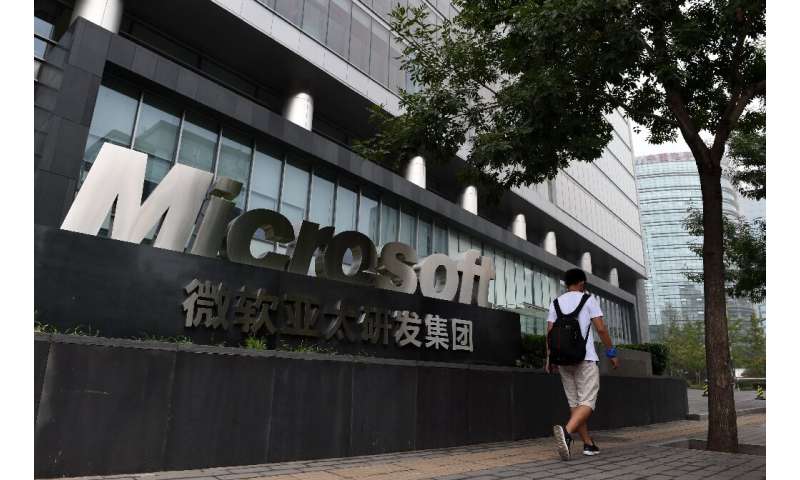
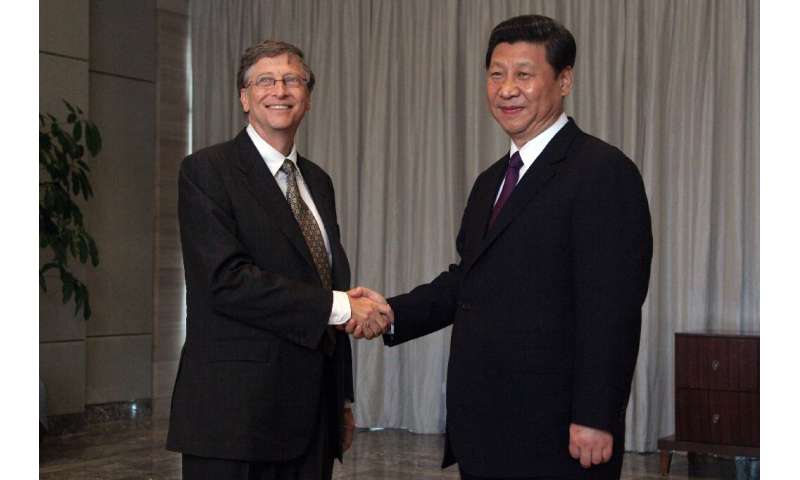
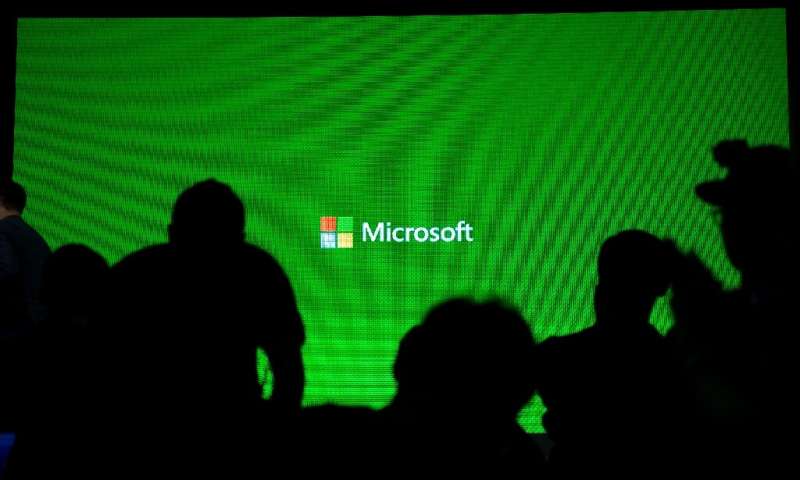

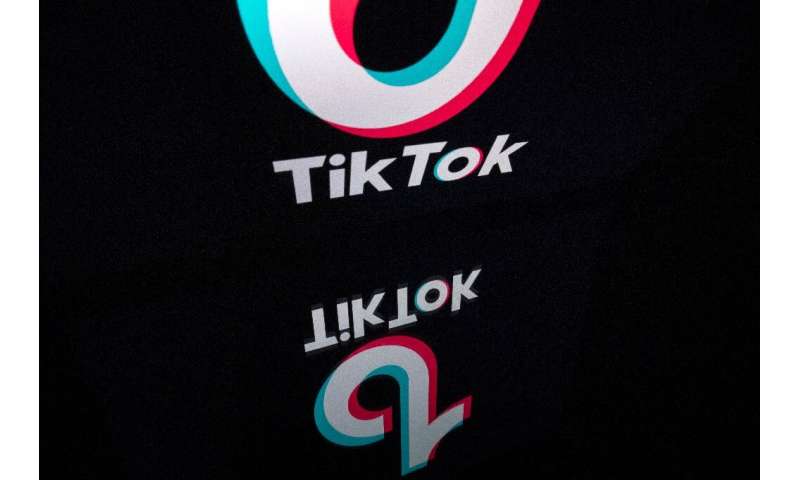

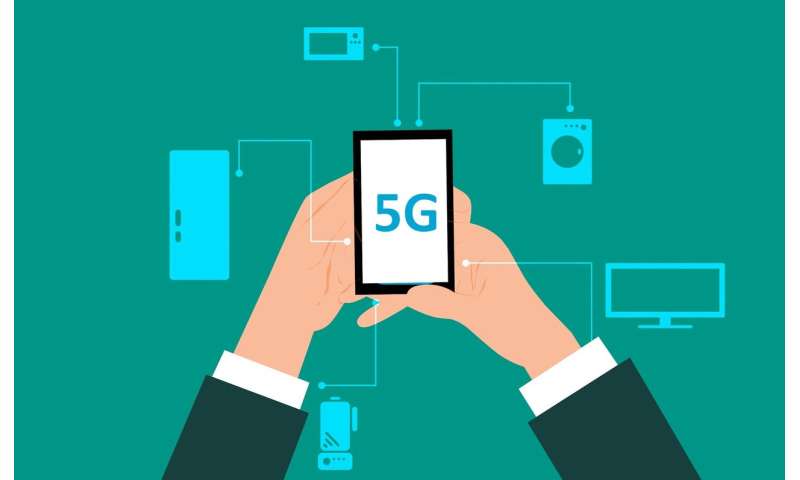

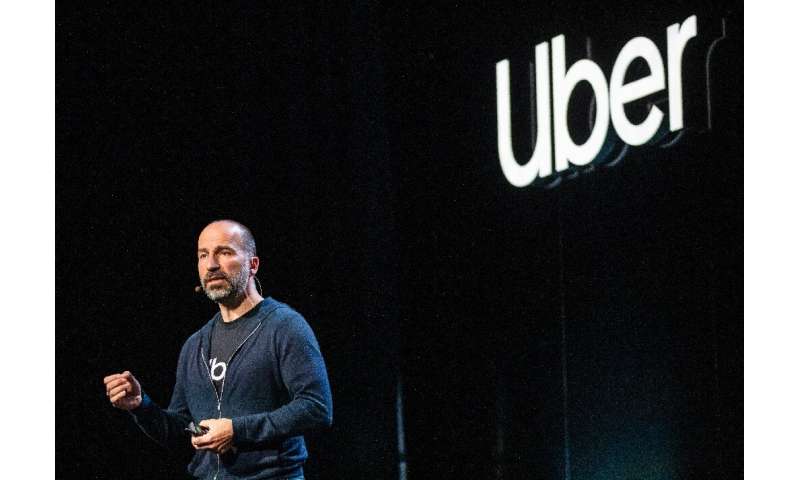
 Credit: Shutterstock
Credit: Shutterstock

